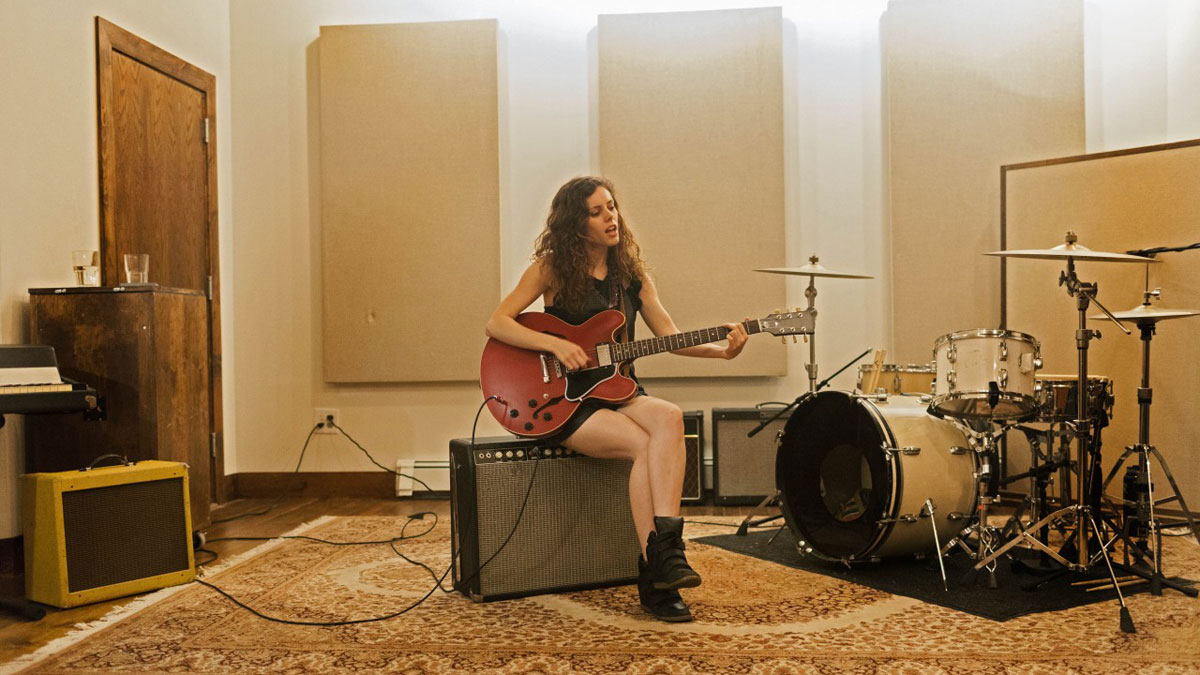30-day guitar challenge, day 19: 9 tips for perfect practice routines
Get better at getting better

30-day guitar challenge: Allocating a set amount of time every day to a focused practice session designed around your strengths and weaknesses will hone the skills that will help you improve.
1. Plan your time
Set aside a realistic amount of time you can dedicate to practice, then divide it into short sections.
What you do exactly is up to you, but scales and chords, rhythm playing, lead playing, sight reading and improvising are a few common categories.
2. Choose specific goals
Although you may have general ideas such as 'lead playing' in your routine, make sure that you have a specifi c goal within that subject.
For example, you might set a goal such as 'play through chord changes using arpeggios'.
3. Noodling is not practising
Hours of potential practice time are lost to noodling. Beware of playing endlessly with no direction.
Even when practising a specific goal, it's easy to lose concentration and drift into playing familiar licks that won't help you improve.
Want all the hottest music and gear news, reviews, deals, features and more, direct to your inbox? Sign up here.
4. Focus on practice
Turn off your phone, close Facebook and shut the door. Practice is practice and nothing else should interfere. Make sure you concentrate on your playing 100 per cent so you can be sure you're giving it everything you have.
5. Accuracy over speed
There are no prizes for fast, sloppy playing. Focus on playing as accurately as possible.
If you can't play something at full speed, slow it to a speed where you can play it. Only increase speed when you can play without errors.
6. Play with machines
All your scale practice should be done to a metronome and, eventually, you should play everything with one. This will give you a solid sense of time and help you play with other musicians.
7. Play with other musicians
Aside from personal practice, you should play with other musicians.
You don't need a whole band, just one other person on any instrument. Your playing will improve as you learn to jam and lock in with other players.
8. Listen to your playing
When you're concentrating hard on your playing it can be hard to evaluate what needs to be improved, so it's important to listen back to what you've played. It's easy to record yourself playing - even a phone recording is fine.
9. Evaluate your playing
As you listen back to your playing, make notes on what you think could be improved.
This might be things such as 'string bends are out of tune' or 'solo lacks structure'. These observations will help you identify what you need to work on in future.
Total Guitar is Europe's best-selling guitar magazine.
Every month we feature interviews with the biggest names and hottest new acts in guitar land, plus Guest Lessons from the stars.
Finally, our Rocked & Rated section is the place to go for reviews, round-ups and help setting up your guitars and gear.
Subscribe: http://bit.ly/totalguitar
